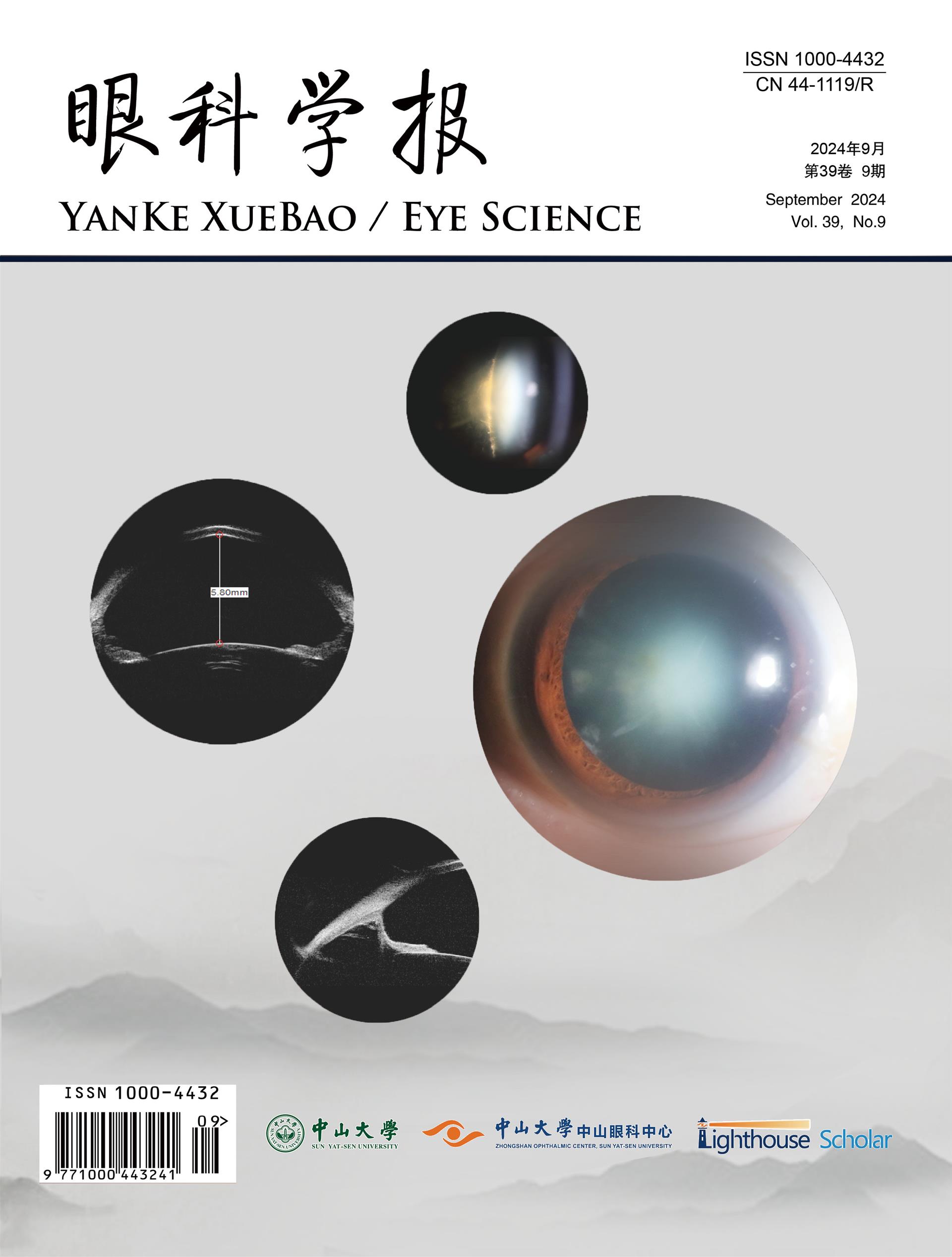小儿面神经麻痹的眼部轮廓和全身特征。
引用次数: 3
摘要
背景:与成人相比,面神经麻痹(FNP)在儿童中发生的频率较低,但大多数病例继发于可识别的病因。这些儿童可能有多种与麻痹相关的眼部和全身特征,需要详细的眼部和全身评估。方法回顾性分析某三级眼科医院2000年1月至2008年12月9年间收治的16岁以下FNP病例。结果共纳入22例患者。平均发病年龄为6.08岁(4个月至16岁)。双侧FNP 1例(4.54%),单侧FNP 21例(95.45%)。先天性麻痹17例(77.27%),其中综合征相关性5例,出生创伤3例,特发性麻痹9例。后天性麻痹5例(22.72%),其中外伤性麻痹2例,肿瘤性麻痹1例,血管瘤术后医源性麻痹1例,特发性麻痹1例。3例患儿为同侧第六神经麻痹,2例患儿为莫比乌斯综合征,1例患儿为同侧Duane综合征伴同侧听力丧失。累及角膜8例(36.36%)。弱视10例(45.45%)。神经影像学研究显示创伤,后窝囊肿,脑桥胶质增生和肿瘤如氯瘤的证据。系统性关联包括面肌巨大儿、眼椎畸形、Dandy Walker综合征、Moebius综合征和脑瘫。结论儿童sfnp可能有许多潜在原因,其中一些可能危及生命。它还会导致严重的眼部并发症,包括角膜穿孔和严重的弱视。照顾这些孩子需要多方面的方法。本文章由计算机程序翻译,如有差异,请以英文原文为准。
Ophthalmic profile and systemic features of pediatric facial nerve palsy.
BACKGROUND
Facial nerve palsy (FNP) occurs less frequently in children as compared to adults but most cases are secondary to an identifiable cause. These children may have a variety of ocular and systemic features associated with the palsy and need detailed ophthalmic and systemic evaluation.
METHODS
This was a retrospective chart review of all the cases of FNP below the age of 16 years, presenting to a tertiary ophthalmic hospital over the period of 9 years, from January 2000 to December 2008.
RESULTS
A total of 22 patients were included in the study. The average age at presentation was 6.08 years (range, 4 months to 16 years). Only one patient (4.54%) had bilateral FNP and 21 cases (95.45%) had unilateral FNP. Seventeen patients (77.27%) had congenital palsy and of these, five patients had a syndromic association, three had birth trauma and nine patients had idiopathic palsy. Five patients (22.72%) had an acquired palsy, of these, two had a traumatic cause and one patient each had neoplastic origin of the palsy, iatrogenic palsy after surgery for hemangioma and idiopathic palsy. Three patients had ipsilateral sixth nerve palsy, two children were diagnosed to have Moebius syndrome, one child had an ipsilateral Duane's syndrome with ipsilateral hearing loss. Corneal involvement was seen in eight patients (36.36%). Amblyopia was seen in ten patients (45.45%). Neuroimaging studies showed evidence of trauma, posterior fossa cysts, pontine gliosis and neoplasms such as a chloroma. Systemic associations included hemifacial macrosomia, oculovertebral malformations, Dandy Walker syndrome, Moebius syndrome and cerebral palsy
CONCLUSIONS
FNP in children can have a number of underlying causes, some of which may be life threatening. It can also result in serious ocular complications including corneal perforation and severe amblyopia. These children require a multifaceted approach to their care.
求助全文
通过发布文献求助,成功后即可免费获取论文全文。
去求助
来源期刊
自引率
0.00%
发文量
1312
期刊介绍:
Eye science was founded in 1985. It is a national medical journal supervised by the Ministry of Education of the People's Republic of China, sponsored by Sun Yat-sen University, and hosted by Sun Yat-sen University Zhongshan Eye Center (in October 2020, it was changed from a quarterly to a monthly, with the publication number: ISSN: 1000-4432; CN: 44-1119/R). It is edited by Ge Jian, former dean of Sun Yat-sen University Zhongshan Eye Center, Liu Yizhi, director and dean of Sun Yat-sen University Zhongshan Eye Center, and Lin Haotian, deputy director of Sun Yat-sen University Zhongshan Eye Center, as executive editor. It mainly reports on new developments and trends in the field of ophthalmology at home and abroad, focusing on basic research in ophthalmology, clinical experience, and theoretical knowledge and technical operations related to epidemiology. It has been included in important databases at home and abroad, such as Chemical Abstract (CA), China Journal Full-text Database (CNKI), China Core Journals (Selection) Database (Wanfang), and Chinese Science and Technology Journal Database (VIP).

 求助内容:
求助内容: 应助结果提醒方式:
应助结果提醒方式:


